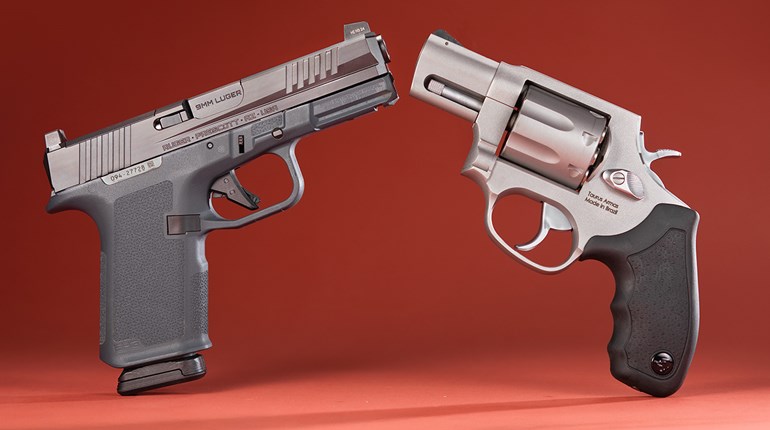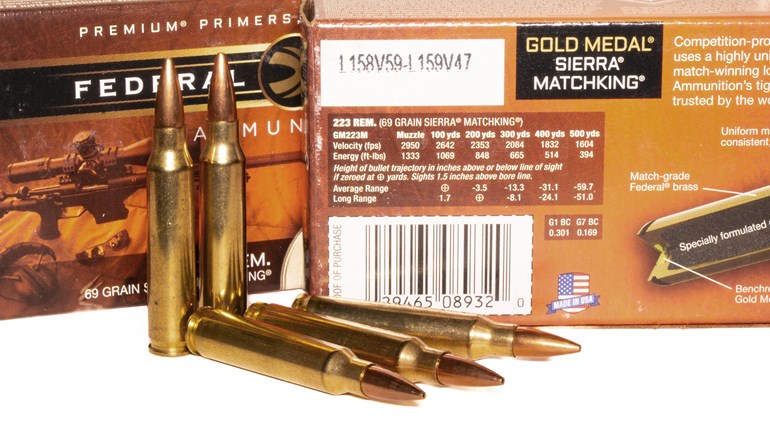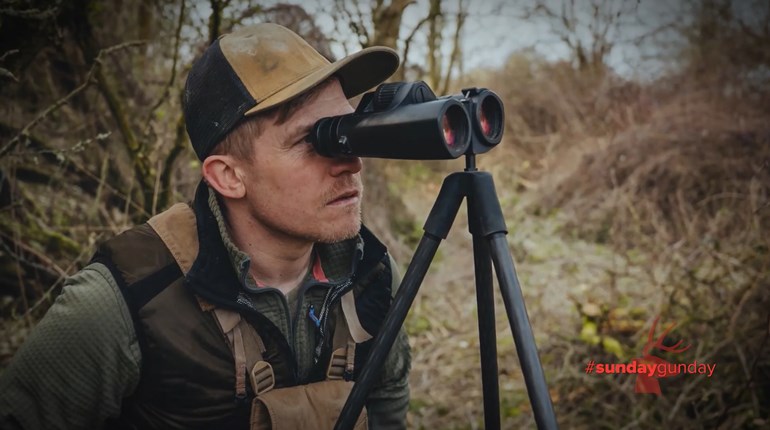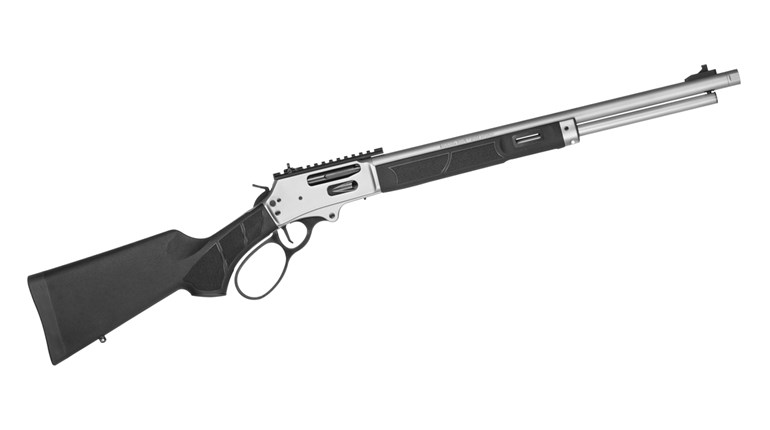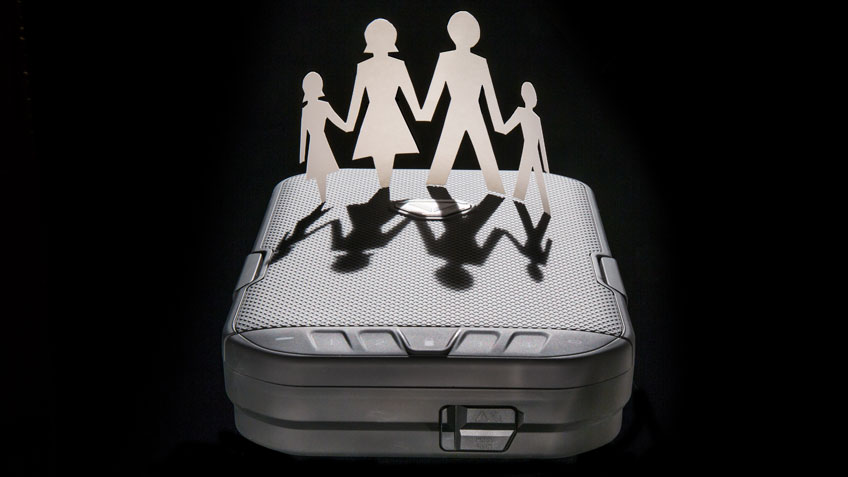
When most people think about home defense, their thoughts are not so much about the physical dwelling as they are about the family members who live within. Too often, however, we think of protecting the children, but we don’t realize that they are also part of the overall-defense plan.
Home defense should not just be about dealing with criminals. A complete plan also takes into consideration—and makes plans for—dealing with fire, extreme weather and other types of natural disasters. Children should not only know what those plans are, but they should also have job assignments in keeping with their level of maturity. They should understand the importance of a safe room. They should be able to help get their siblings to that room. They should know how to accurately make a call to 9-1-1. They should know which neighbor they can go to if they need help.
If firearms are part of the home-defense plan, it is extremely important that gun safety be taught to the entire family and that gun-safety rules be rigidly enforced.
Too often, I think we underestimate the observation abilities of children. A number of years ago, we were trying to get a suspect description regarding a neighborhood crime. An adult told us that the crook got away in a dark pickup. Going down the street, I found two 11- to 12-year-old boys. They told me that the vehicle was a dark-blue, 1975 Ford half-ton, with a short bed, loud dual pipes and Yosemite Sam mud flaps. The crook was in jail about 30 minutes later.
In the frontier days of this country, the entire family had a stake in the family’s survival. Everyone had their chores to do that contributed to the family’s well being. And, this was also true in times of attacks by hostiles or bandits, where children too small to fight would carry extra ammo, drinking water and other necessities to the defenders.
The important thing is to have regular family meetings to discuss protecting the home and family. Giving each child an assignment, regardless of how young they might be or how minor the assignment is, gives them ownership and partnership in the family. It’s a good idea to modify or give new assignments to a particular child as they get older and more mature. In addition, it is also critical that each child know what defense assignments everyone else has.
If firearms are part of the home-defense plan, it is extremely important that gun safety be taught to the entire family and that gun-safety rules be rigidly enforced. The NRA’s Eddie Eagle program is an ideal place to start for the youngsters. In addition, gun-safety programs are available through the scouting programs, 4H and hunter-safety courses. Gun safety is the foundation upon which all other aspects of gun handling should be built.
As a working peace officer, in the days before gun safes were common, I had to start my kids on a gun-safety program while they were still quite young. While only one child was really interested, we still spent a lot of time talking about the safe way to handle a gun before either ever shot a firearm for the first time.
Still, as a parent, you wonder if your words are getting through to the kids. I recall the night, when my son was about 5 years old, that I had some buddies over to discuss a coming hunting trip. They were all out in the den and I was in the kitchen getting refreshments for everyone. Suddenly, I heard my son’s voice, “Don’t you touch that without my dad’s permission!”
As I stepped into the den, one of my friends said, “Don’t you say a word to this boy. I was about to get your new rifle out of the cabinet and show it to the others when he pointed out the obvious—you don’t handle someone’s gun without permission.” He was right, and I was pretty proud of my 5-year old.
Probably the most important consideration is determining when to allow a child to have access to a firearm for personal/home defense. Periodically, we hear of children using firearms to successfully protect themselves or another family member. That question should be answered based upon maturity rather than solely on age. And, it is a question that the child’s parents are generally most qualified to answer. It is a decision that should be made after a lot of gun-safety and firearm-training classes.
While neither of my children have ever had the occasion to use a gun for personal defense, I would do things a little differently nowadays. I would enroll them in firearm training classes taught by professionals, and I would attend the classes with them—as a student. In that manner, we would all be able to speak the same language regarding firearm safety as well as marksmanship and defensive skills. For today’s parents, the NRA can be a big help in finding available classes and helping the whole family develop a good foundation for firearm safety and skills.
As adults, we shoulder a tremendous responsibility for protecting our loved ones and our home. But, we should not lose sight of the fact that, for our kids, it is their home and their family, too. Give them defensive roles based upon their individual levels of maturity, and make sure they all can play a part in protecting the family, regardless of the threat. The result will be a stronger defensive front against the problems of today’s world, and both children and adults who know the role they play in keeping everyone they love safe.
























